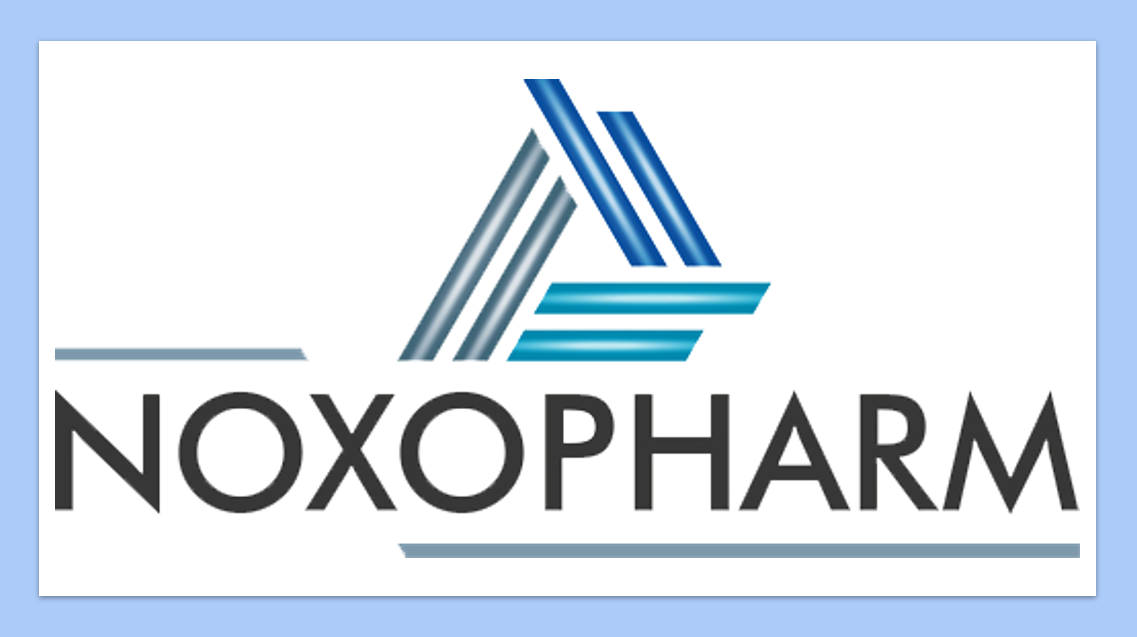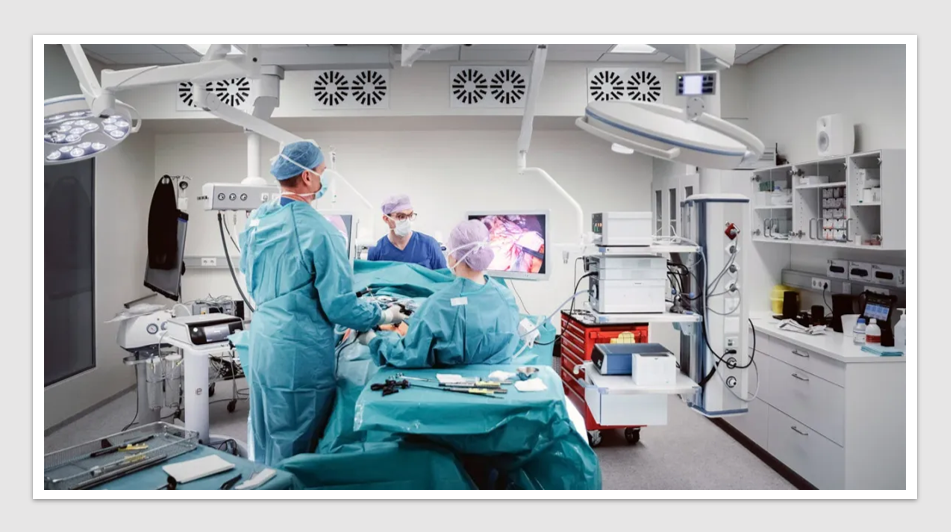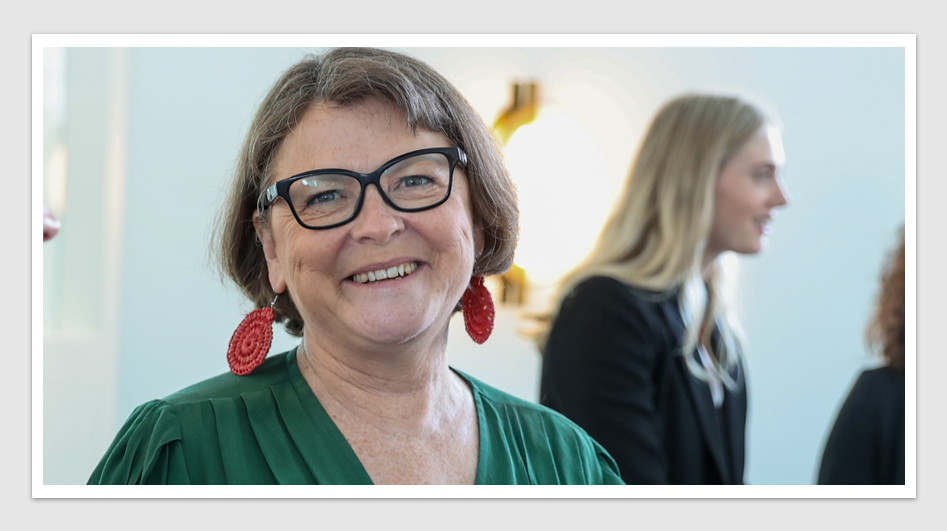News & Trends - Pharmaceuticals
Noxopharm patent to protect use of drug candidate beyond cancer into septic shock

Pharma News: Australian clinical-stage drug development company Noxopharm announced lodgement of an international patent application aimed at protecting the use of Veyonda (idronoxil) in blocking the development of septic shock associated with infections such as COVID-19 and influenza viruses.
Veyonda is being developed as an anti-cancer drug that enhances the effectiveness of standard anti-cancer treatments. One of its anti-cancer actions is the blocking of a signalling pathway called STING that serves as trigger for an immune response and repair of damaged tissue. In some individuals, the STING response is inappropriately excessive, pushing the individual over into septic shock.
Veyonda appears to be the first drug that blocks STING in the clinic. With an estimated 1 person dying globally every 3 seconds from cancer and 1 every 3 seconds from septic shock, the commercial opportunity for Veyonda has just doubled, underlining the commercial importance of the recent patent lodgement.
Septic shock is believed responsible for an estimated 10 million deaths globally per annum, with an estimated extra 3 million additional deaths from the current pandemic to be added to that figure and which also includes hundreds of thousands of deaths each year from influenza epidemics.
So-called ‘long COVID’ symptoms (eg., long-lasting fatigue, breathing problems, headaches), along with severe organ damage (eg., limb amputation, diabetes, kidney and heart failure) and death, all are outcomes associated with septic shock.
Septic shock currently is managed with supportive treatments including drugs and fluids to restore blood pressure, anti-inflammatories such as dexamethasone, and antibiotics/antivirals. However, the key need, that of providing a reduction in cytokine levels in a safe and comprehensive manner remains largely unmet.
The aim of Veyonda is to block the cytokine cascade stemming from an inappropriately high STING response. The objective is to use Veyonda in patient with poor lung function, and by stopping them from tipping over into CRS, thereby reduce the incidence of long-term disability and death and relieve the strain on high-care medical services.
The pre-clinical data is the result of collaborations with eminent Australian scientists at Hudson Institute of Medical Research and the John Curtin School of Medical Research, Australian National University.
The ability of Veyonda to block the generation of multiple cytokines is distinctive and is what marks it as an exciting treatment prospect for septic shock.
In a comprehensive analysis, Noxopharm currently is testing the blood samples from its NOXCOVID trial patients for an extensive range of cytokines and looks forward to reporting on this in a matter of weeks.
News & Trends - MedTech & Diagnostics

Bariatric surgery trumps Novo Nordisk’s Wegovy in cost-effectiveness and durability
MedTech & Diagnostics News: Bariatric surgery emerges as cost-effective, boasting superior and enduring weight loss outcomes over a five-year span […]
MoreNews & Trends - Pharmaceuticals

Aussie digital health company hits new milestone in AstraZeneca partnership
Pharma News: Fewer than 50% of asthma patients adhere to their prescribed preventative medications. An Australian digital health company has […]
MoreDigital & Innovation

Medical drone to reduce health equity gaps in rural and remote Australia
A specialised medical drone which increases accessibility to essential health services such as pathology, medicines, and telehealth services in rural […]
More
